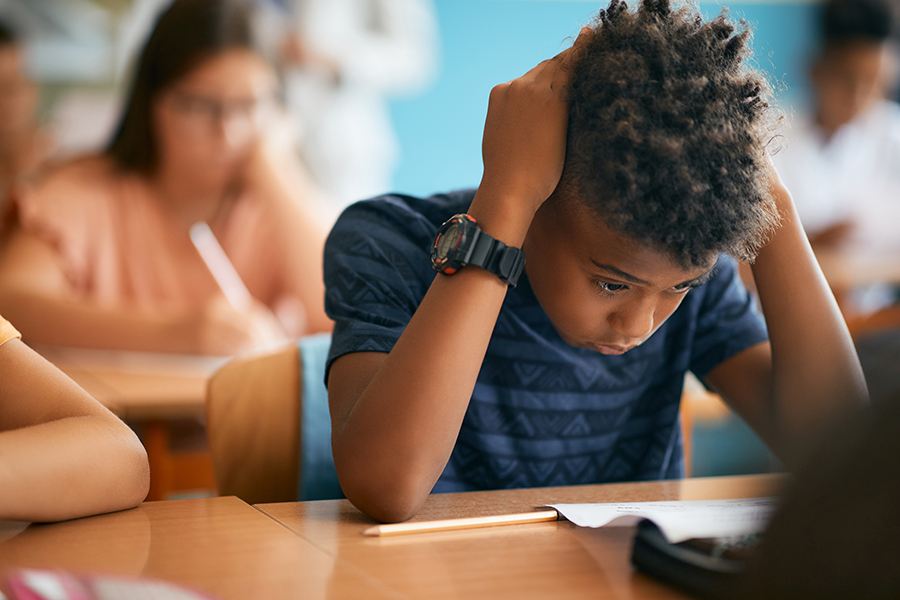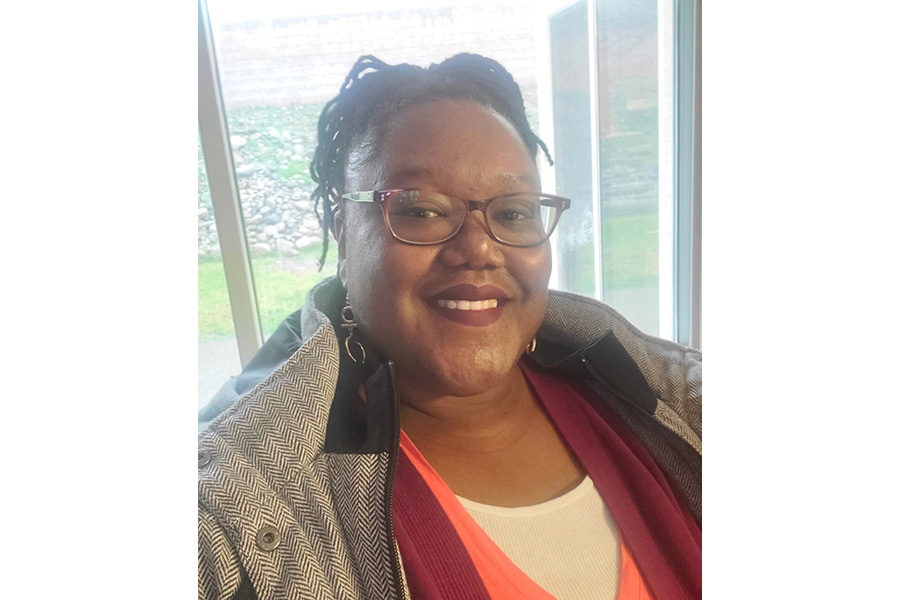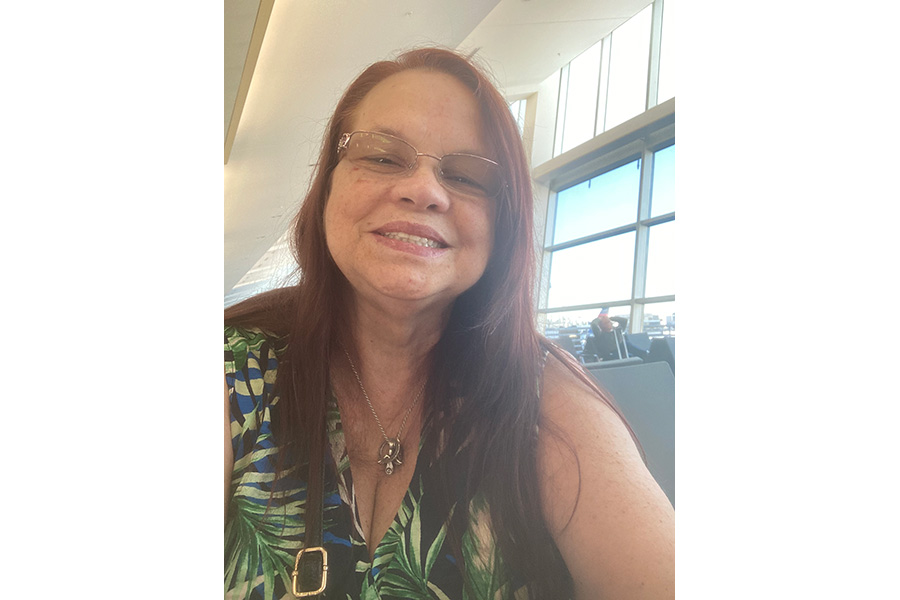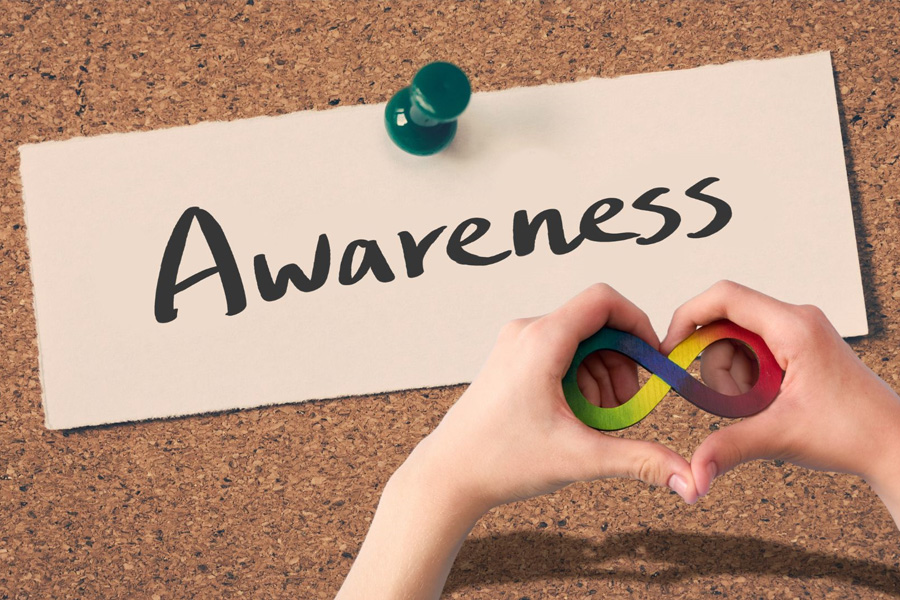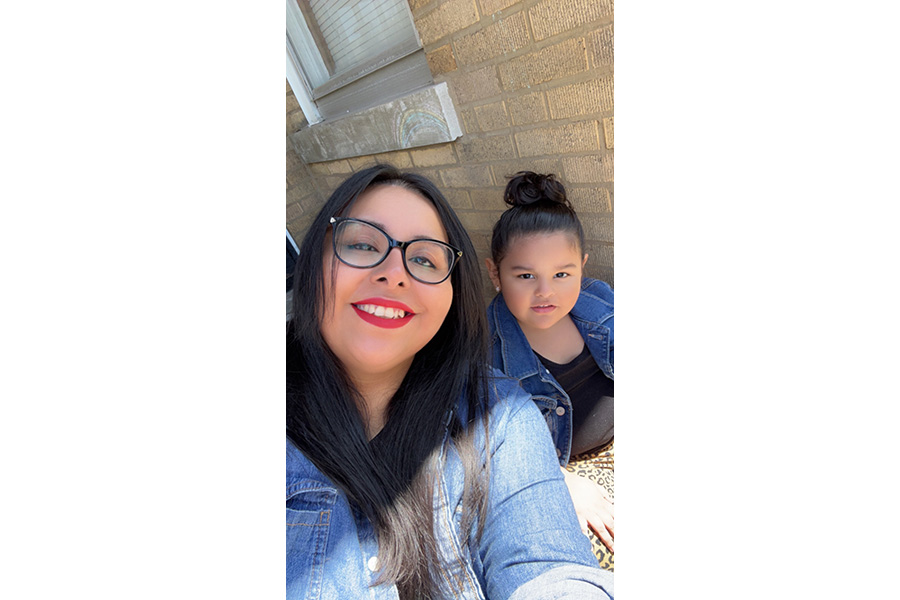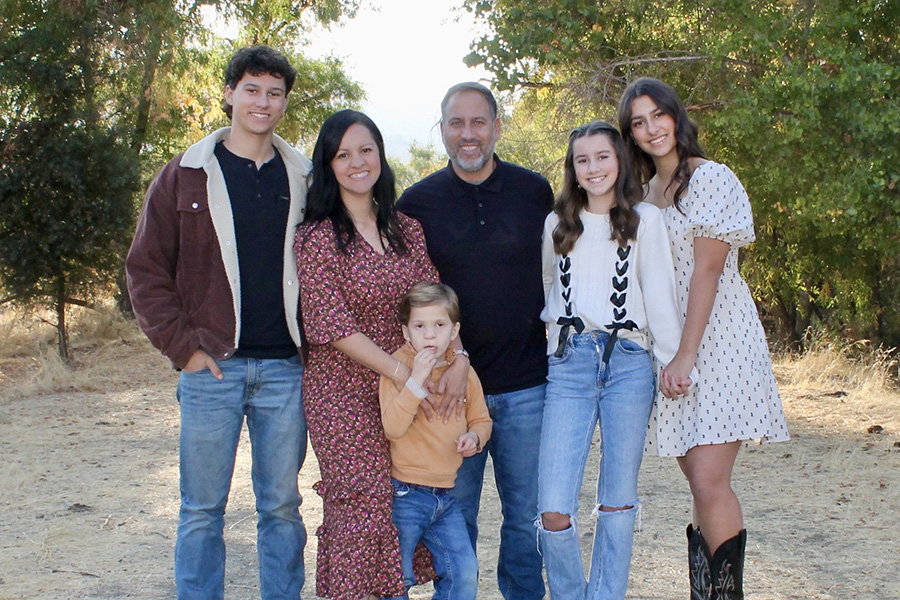I think we can all agree that the beginning of this school year has been an “interesting” one. Here we are, post-pandemic, two and a half years since our worlds were turned over, upside down and inside out. The vibe in my house has been a bit off since the start of the school year, and I know I’m not alone. We are all still trying to hold on to the summer barefoot mentality (the warm weather has been helping), so we are all struggling to join the new school year and the fall season.
We haven’t had a “regular” back-to-school season since September 2020. That’s three start-of-the-school-years in which we have held our breath and waited to see how they would carry out. For anxious kids, teens and young adults, this is exactly what anxious nightmares are made of. For years now, we have been grappling with the following ideas: virtual vs. in-person; mask vs. no-mask; vaccinated, boosted or not; ride the school bus or drive by car, and so on. The unknown has been exhausting.
There’s another factor that has been at play as well. Our teachers and administrators seem to be relying on pre-pandemic standards for academics, behavior, dress codes and everything else – but returning to what was doesn’t make sense without acknowledging that we have all been to war and back.
Loss of Academic Skills
Our children haven’t made as much growth – and some have actively lost – on academic, behavioral, social and emotional goals. We are asking our kids to be a part of a higher grade than they were 2.5 years ago without really acknowledging the loss of in-person skill development that would have happened during that time. I’m looking at my own three children and there are skills that they are truly lacking. As their parent, I would prefer to set them back to 2 grades lower than where they are now because that is where they are functioning.
The rigor and speed of lessons is back up and running, however, our kids are missing the underlying skills needed to function at this current grade level. In essence, they are being asked to learn concepts while the underlying content that led up to where they are was provided virtually – or perhaps it was in class, but some elements may have been lost in translation due to social distancing, anxiety, distractibility, etc. Our curriculum standards need to reflect where our children actually are rather than where they should be had we not just suffered through a pandemic.
Many of our children are also frustrated with certain subjects because of undiagnosed learning disabilities. Our children have been sitting behind a computer and behind a mask with modified lessons and assignments. While this benefited some children, it has left other children to struggle, not because of low motivation but rather because of true learning disabilities that have gone unnoticed. While the curriculum demands more reading and writing skill with each school year, some children are struggling to learn and complete assignments, which further impacts self-esteem and attendance.
Loss of Social Skills
Over the last 3 months, I have consistently heard (from other parents and families in my practice) that friendships have changed. This applies to all humans, including adults. For those of us who created our pandemic “bubbles” or isolated entirely, friendships changed. Our friendships are like plants: if we don’t give them water and sun, they wither. When some students remained virtual while other members of their peer group returned to in-person school, friendship groups changed. For some children, they were able to re-group and re-enter, however many could not and did not.
More Meltdowns
Have you noticed that our children are melting down more? More tantrums? And I’m not just speaking about our toddlers or early elementary aged students. I’m referencing students of all grades who are melting in the face of homework, studying, completing a multi-step project or preparing a presentation. Our children are lacking many of the skills and endurance. What we end up seeing at home (and sometimes in school when a child has reached his limits) are intense tantrums where our kids may be engaging in self-harm, throwing and breaking things, slamming doors, becoming more aggressive with siblings and are more verbally intense with parents.
What Can We Do as Parents? Acknowledge and Validate Your Child’s Struggles.
What are you taking note of as a parent? What are you noticing that is different? Have your child’s friends changed? Have they lost interest in activities or sports that they were once interested in? How are they interacting within your home? Is he more withdrawn? Is your child spending MORE time in her room? Are they spending MORE time on phone/social media and less time actually interacting and engaging?
Maintain Consistent Contact with Teachers and Counselors
If your child is struggling at home, you’re not alone. Contact your school counselor and let them know that your child is having a hard time with academics or social relationships. Counseling is available through your child’s guidance counselor which can be scheduled on a consistent basis or on an as-needed basis.
Set up a communication system with your child’s teacher so that if your child struggled to get out the door this morning, their teacher knows and can provide a little more TLC that morning. The more support the better.
If your child needs time during the day to decompress from his environment, ask your teacher or counselor to create a quiet corner with sensory items such as a bean bag, mandala coloring books, water beads, etc. This creates a safe space in your child’s school environment where she knows she can go to regulate and return to the classroom successfully.
Gain Academic Supports
If you suspect that your child has a learning disability, reach out to your child’s teacher and gain their perspective and observations. Ask to see samples of written work, completed math problems and class assignments. If you are both in agreement, reach out to the Child Study Team for an evaluation. If you would like to gain a private evaluation, hire a psychologist or learning specialist to provide diagnostics that you can bring back to your child’s guidance counselor or Child Study Team.
As the long-term effects of the COVID-19 pandemic are starting to become more evident, we need to focus on the mental, academic, behavioral and social health of our children.





